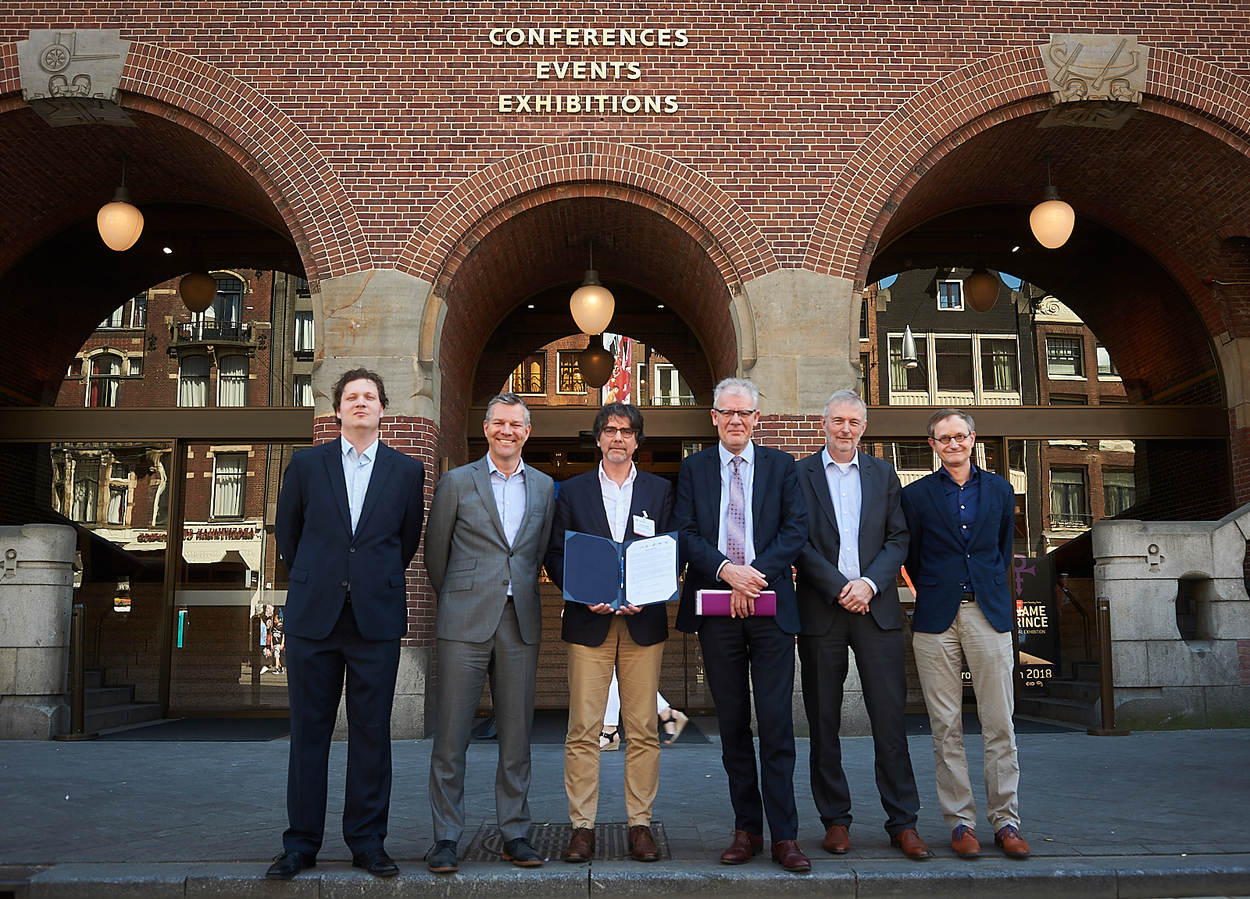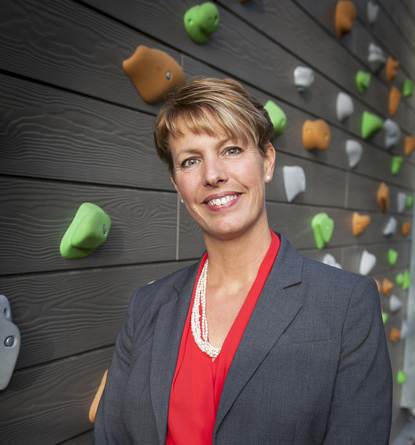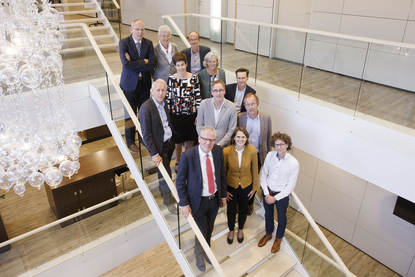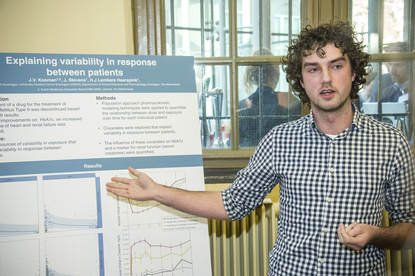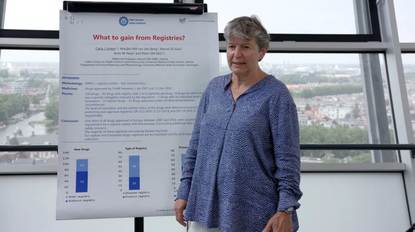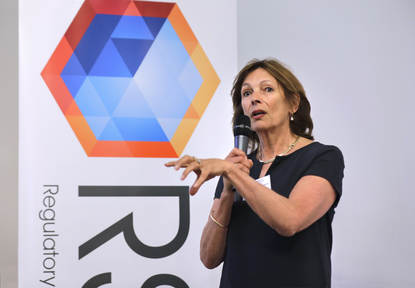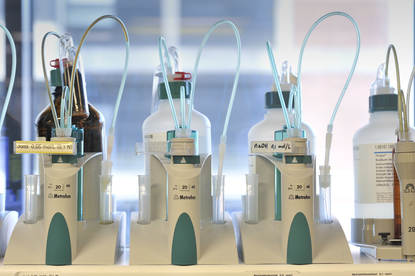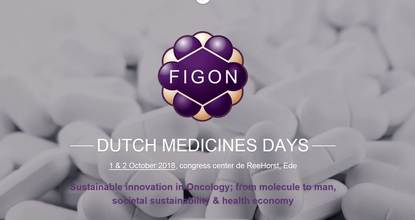Photo Geert van Tol
‘Inventory of Existing Education and Training Requirements for Biomedical Professionals’ – the declaration of intent has been signed
Six parties – associated with the academic world, professional groups, industry and governmental authorities – believe that there is overlap in the knowledge required by medical and biomedical professionals regarding the development of new medical and pharmacological interventions and the assessment and performance of clinical, preclinical and HTA research.
The Center for Human Drug Research (CHDR), the Central Committee on Research Involving Human Subjects (CCMO), the Medicines Evaluation Board (MEB), Leiden University Medical Centre (LUMC), the Dutch Association of Pharmaceutical Medicine (NVFG) and the Dutch Society for Clinical Pharmacology and Biopharmacy (NVKFB) have joined forces and signed the declaration of intent. This statement is about a study looking at the joint wishes and options for high-quality training and education for these medical and biomedical professionals. The parties believe that common learning objectives offer opportunities for combining forces and preventing fragmentation of the education provided for this target group.
The stated aim of the declaration of intent is to produce an inventory in the near future of the educational and training requirements and to determine the learning objectives for medical and biomedical professionals in the Netherlands and to investigate whether an integrated curriculum can be developed with an appropriate didactic model for the target group. An inventory of the existing post-academic training available will be part of the study, for which an exploratory investigator will be appointed shortly. The study report will be ready by the summer.
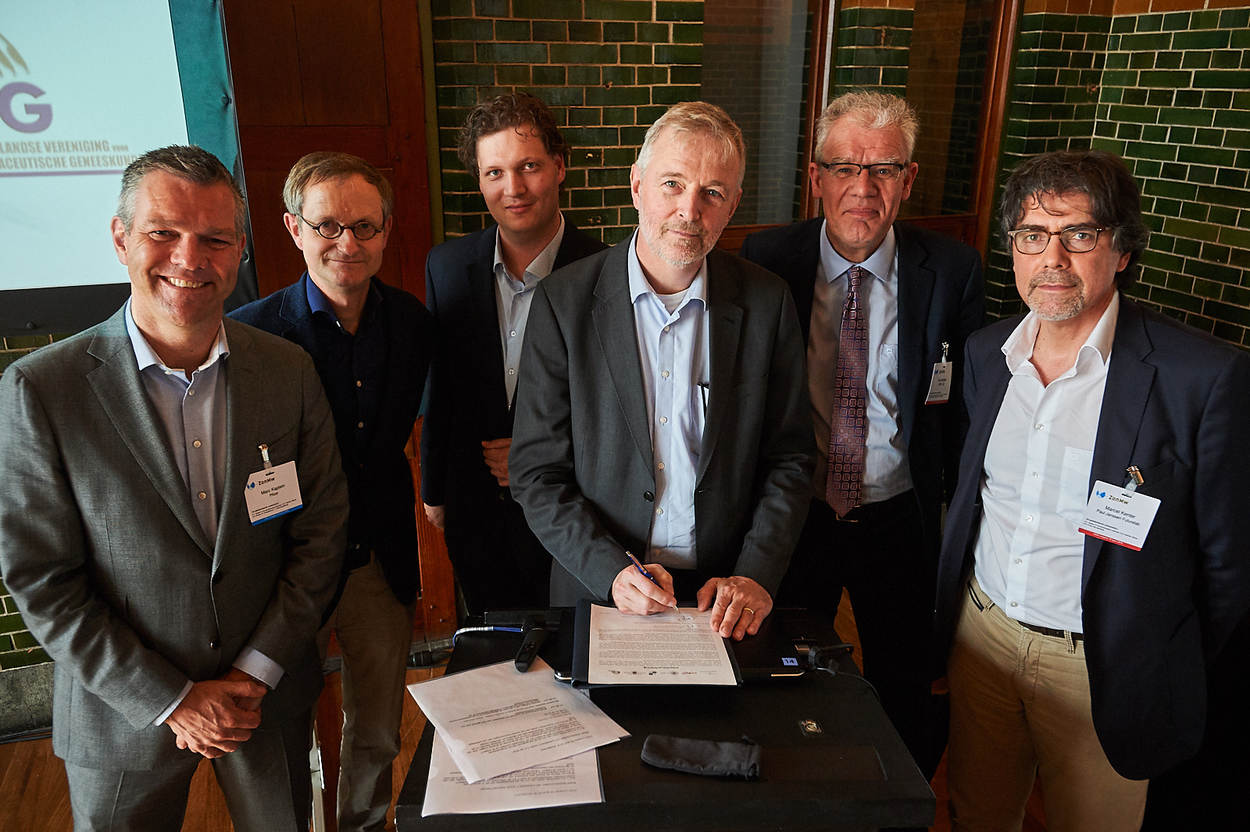
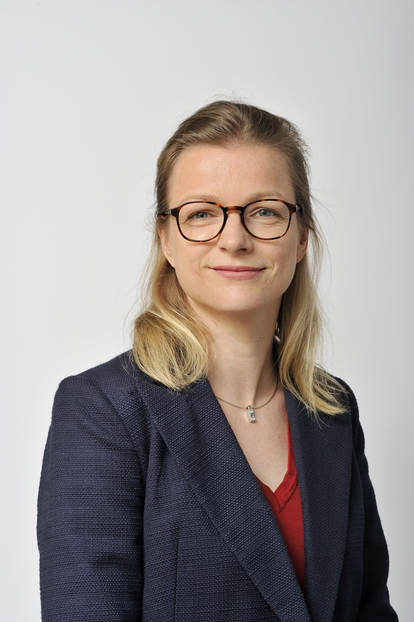
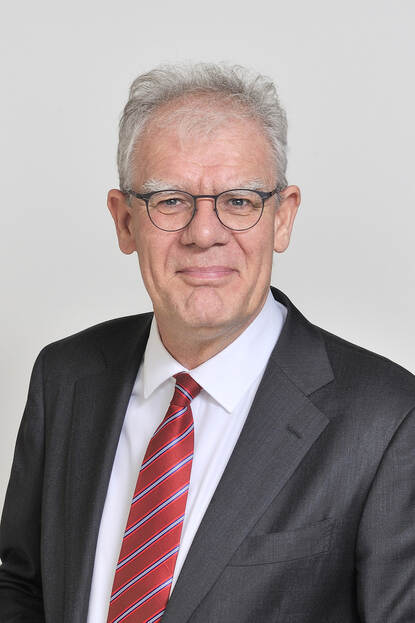
Reactions of Ton de Boer and Marjon Pasmooij to this inventory
Why are you happy with this cooperation?
De Boer notes that this is the first time that a number of organisations with sufficient powers of persistence have come together to establish which educational programmes are needed to meet the knowledge needs of medical and biomedical professionals with regard to the development of new medical and pharmacological interventions and the assessment and execution of (pre-)clinical and HTA research.
Pasmooij adds that an inventory will also be drawn up of any overlap and gaps in the existing Dutch course catalogue.
When, in your opinion, will the cooperation be a success?
De Boer and Pasmooij expect that, in first instance, the cooperation will be a success when a high-quality report of the inventory becomes available. In the long term we hope that agreements can be made to prevent overlap in the educational programmes on offer and that new courses can be developed to fill existing gaps.
We also hope that future educational programmes will be based as much as possible on modern didactic insights (activating education, blended learning).
Pasmooij thinks that this is in line with the larger framework of continuous learning and developing. The interview in this magazine with Professor Henk-Jan Guchelaar on improving education for Pharmacy students is also interesting in this context.
Marjon Pasmooij: new Science Programme manager
Marjon Pasmooij started on 15 April 2018 as the new manager of the Science Programme of the MEB, and thereby succeeded Christine Gispen-de Wied. Marjon has been working since 2007 as a clinical assessor for the MEB. Further, she was the projectleader “Patient-oriented evaluation” of the Strategic Business Plan of the MEB in the last years. In addition, she combined this work within the MEB with her academic position at the University Medical Center Groningen.
Science is a passion of Marjon, and she is looking forward to continue and expand the work of the Science Programme. The unit is responsible for maintaining and further developing activities and new initiatives in the areas of external networks, knowledge base maintenance, education and research. This all in order to promote and support the optimum quality of dossier evaluation.

